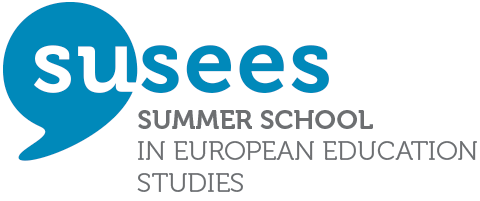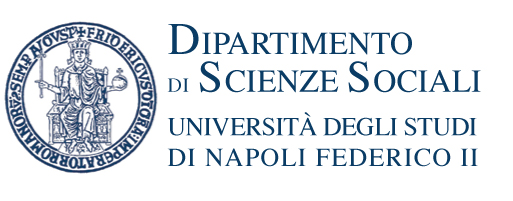Jenny Ozga
Description
The teaching activity will be divided into two blocks of 2 hours each. The first lecture focuses on the relationship between knowledge and governing, drawing on recent research on the growth of data and the impact of ‘big data’ on education policy making in Europe. It draws on a recent European study of the relationship between knowledge and policy (www.knowandpol.eu) and of the growth of data use to suggest that as governing has become more networked, less bureaucratic, more flexible and interdependent, so too has knowledge changed to more problem-based forms, involving new actors and including developments in data use and in the regulation of schooling and higher education in which comparison is a fundamental principle.
The effects of these changes on knowledge are considered, and it is suggested that they reconstitute knowledge as a policy-forming, rather than a policy-informing, activity, and that increased reliance on new forms of data tends to displace expertise (as exemplified in processes of school inspection and the re-formation of teachers in a range of European contexts). Thus data play a key role in governing education through their contribution to the production of ‘governing knowledge’, and the mediating role of professionals is reduced or displaced.
Key texts of the syllabus will be:
Fenwick, T., Mangez, E., & Ozga, J. (Eds.). (2014). World Yearbook of Education 2014: Governing Knowledge: Comparison, Knowledge-Based Technologies and Expertise in the Regulation of Education. Routledge.
Ozga, J. (2014). Knowledge, inspection and the work of governing. Sisyphus-Journal of Education, 2(1), 16-38.
Ozga, J. (2016). Trust in numbers? Digital Education Governance and the inspection process. European Educational Research Journal, 15(1), 69-81.
Impact
The lecture seeks to promote the following learning outcomes:
- awareness of changes in governing in Europe, and how they are understood;
- awareness of changes in knowledge production and use, especially those connected to technological development (for example ‘Big Data’)
- understanding of the interdependence between these developments, and their possible consequences for education/learning policy
- understanding of the changing role of expertise, and the changing nature of expertise, and the consequences of these developments.
Participants will be expected to become able to apply some of the insight discussed on their current research work on a EU-related aspect of education.


